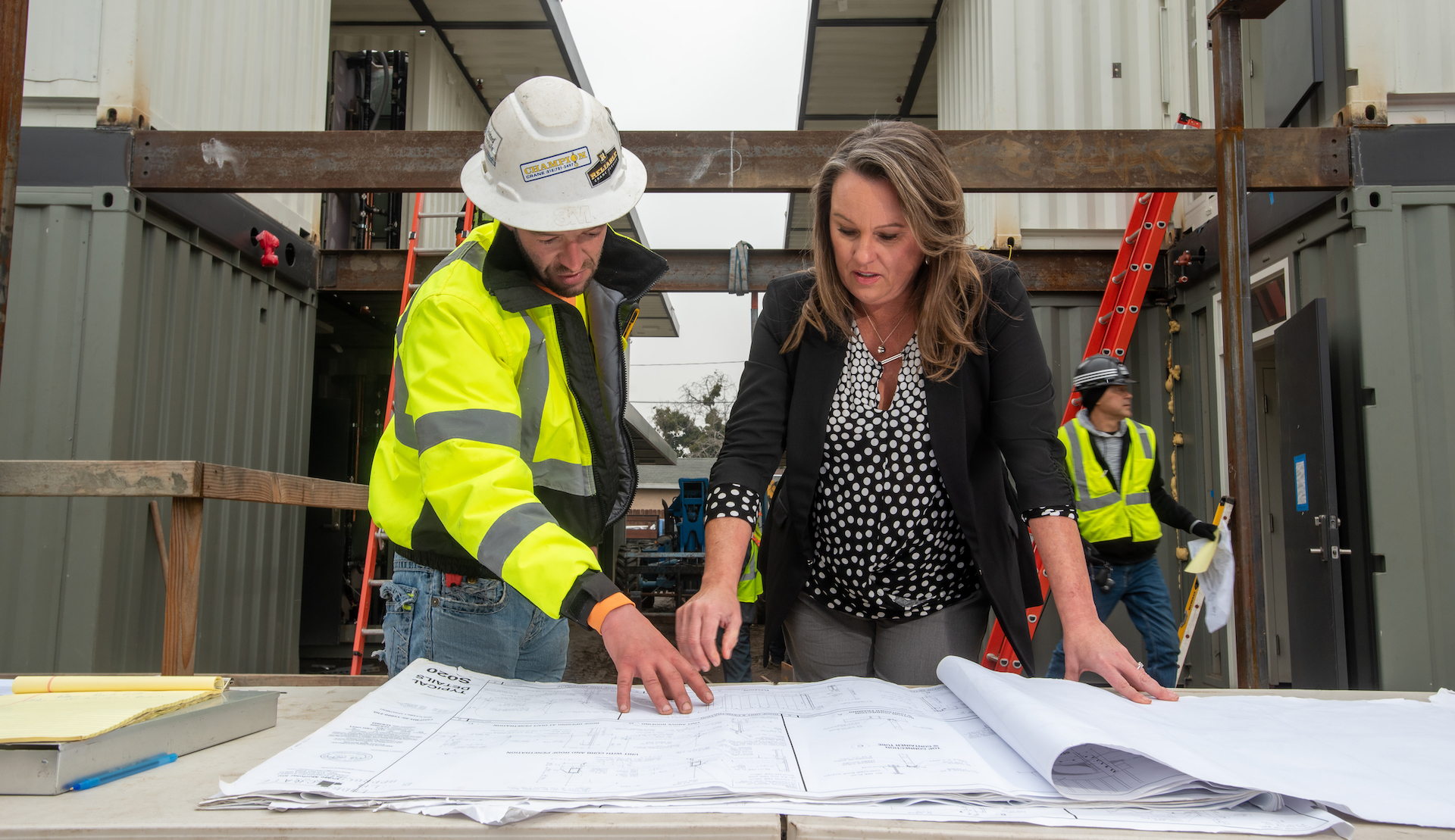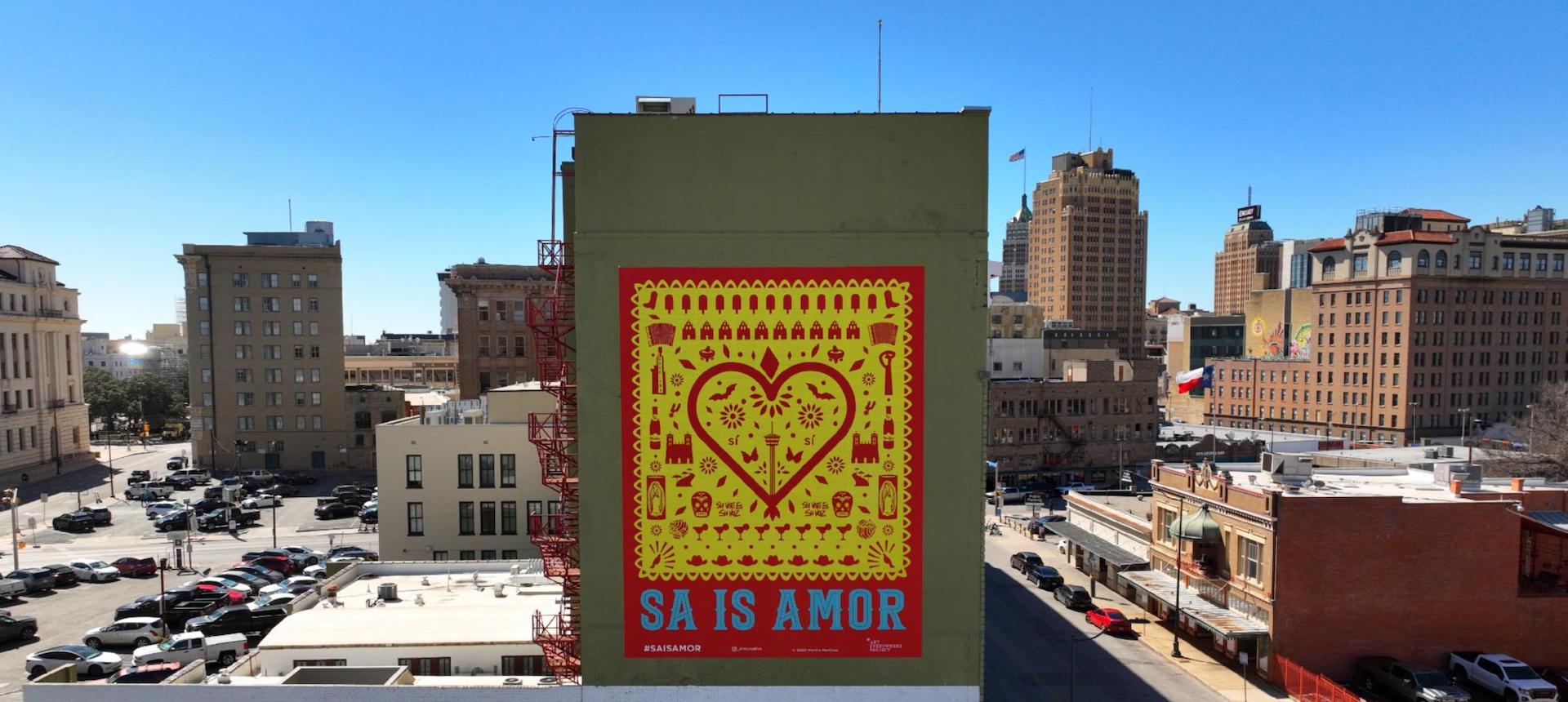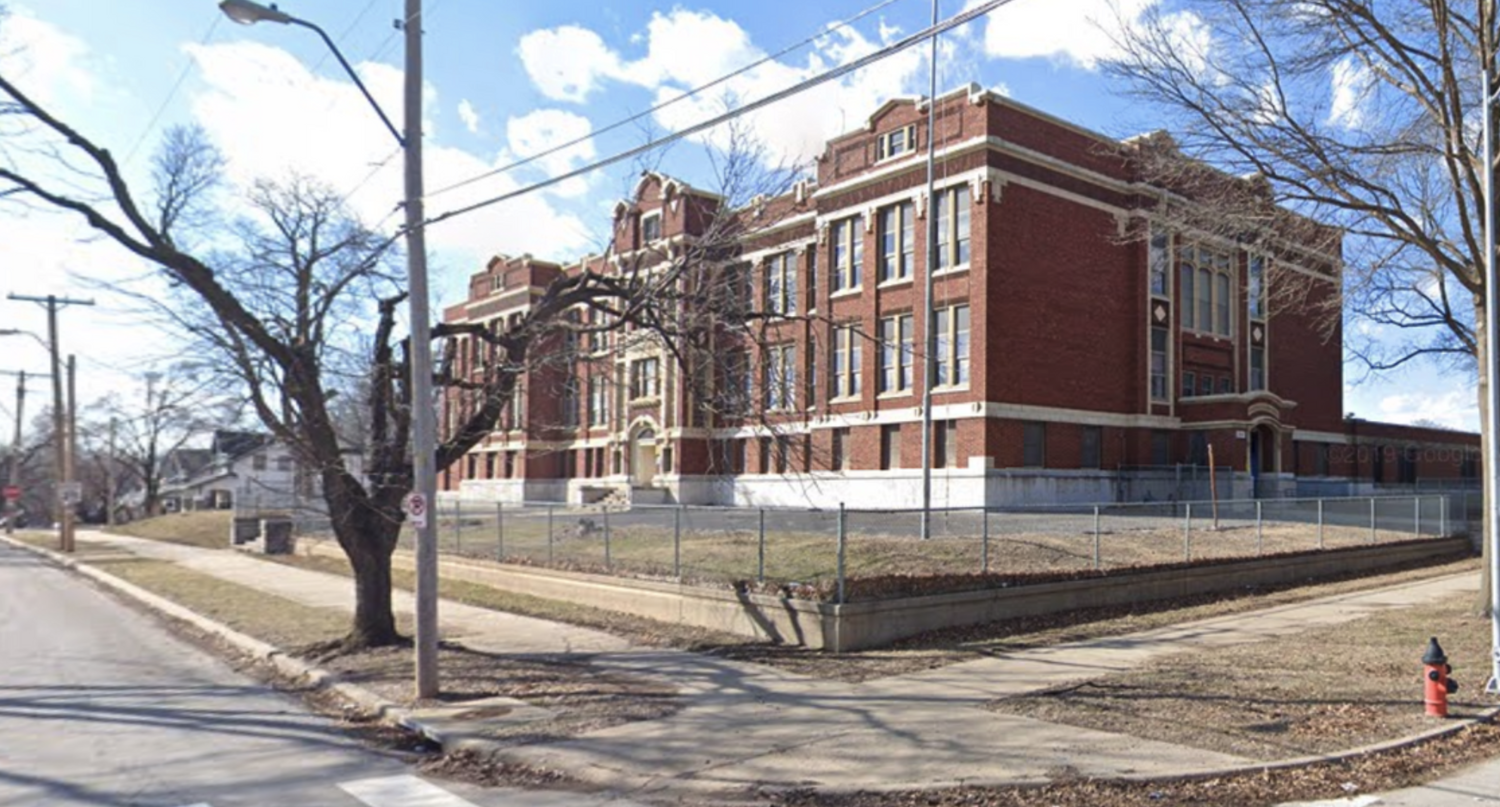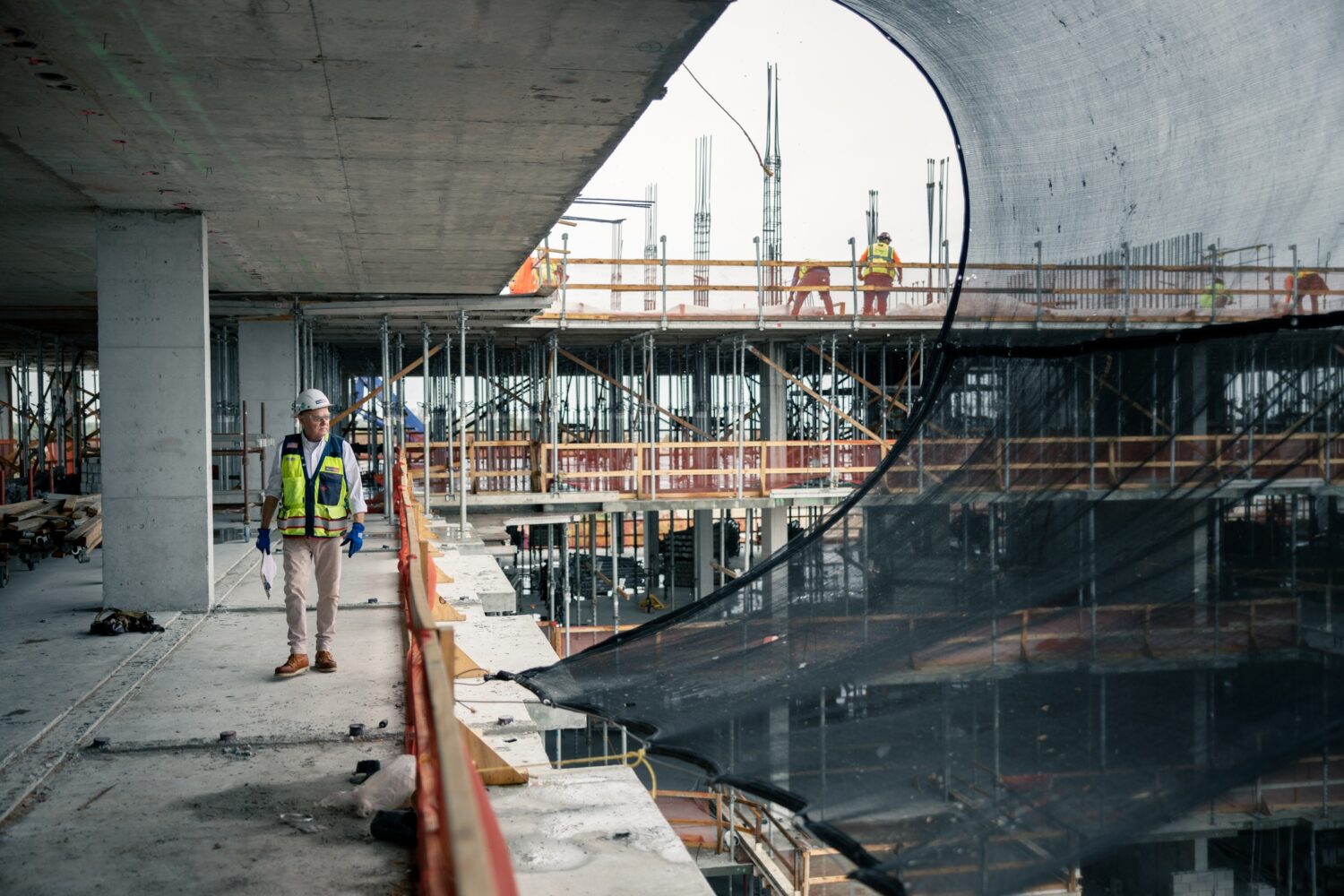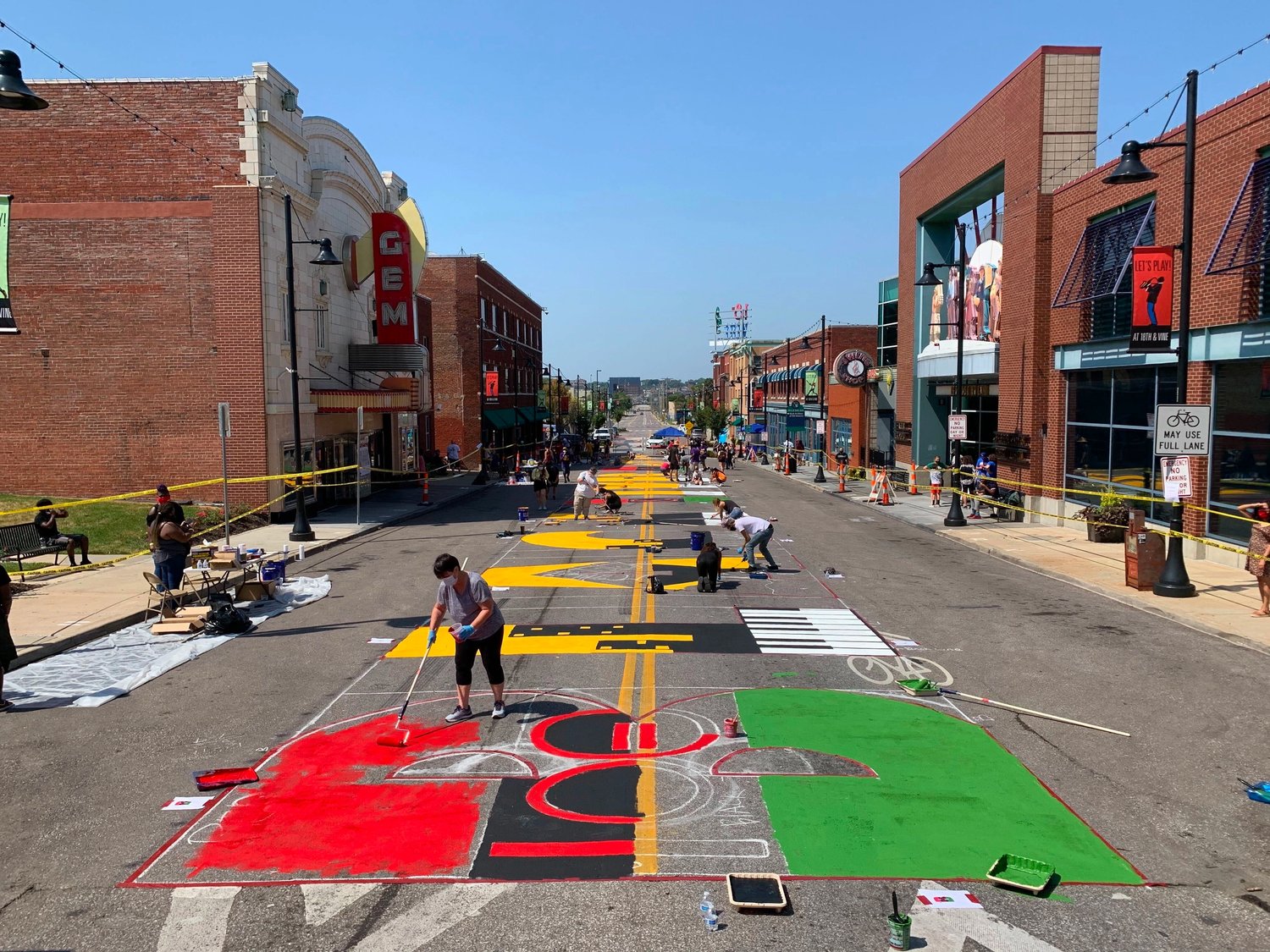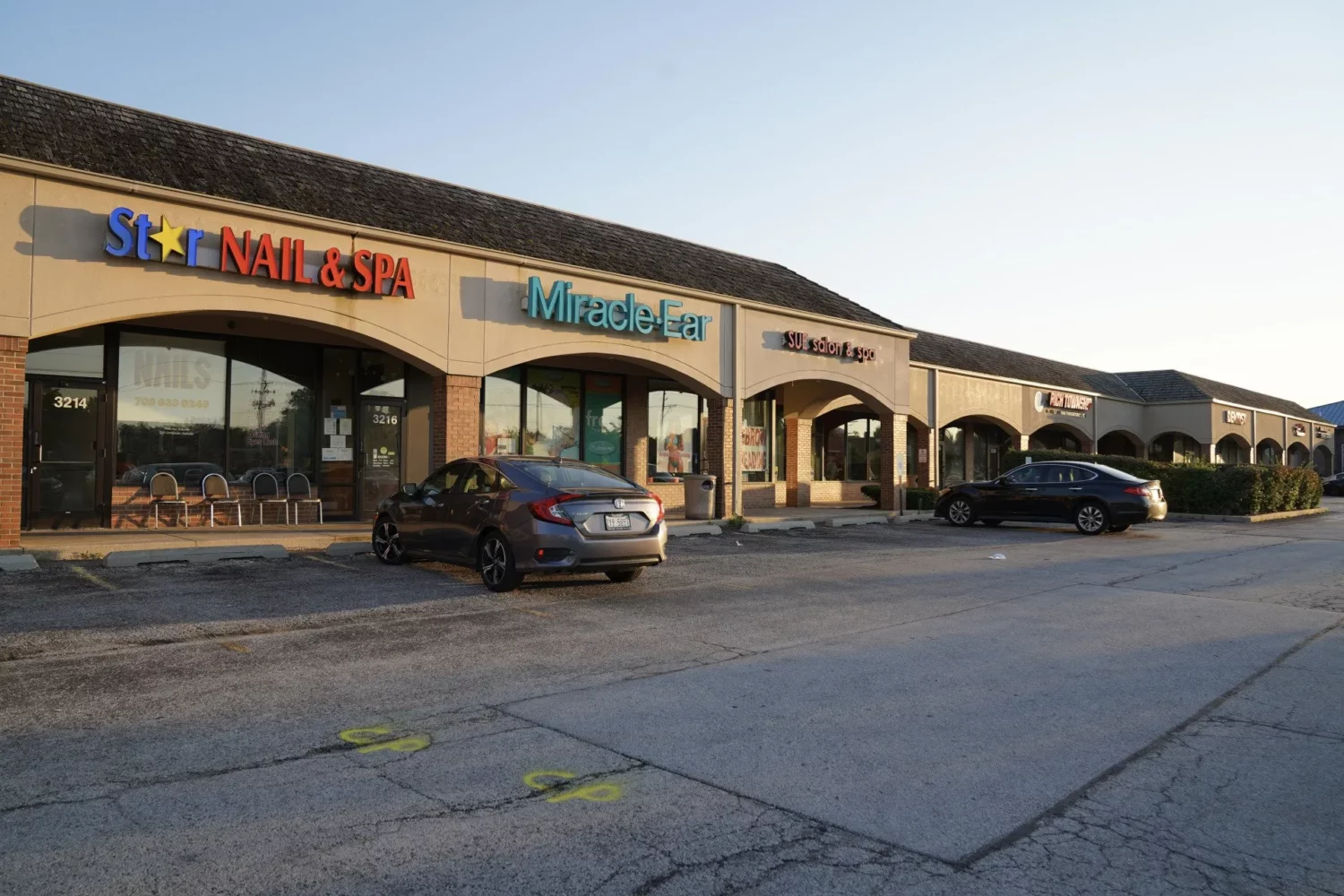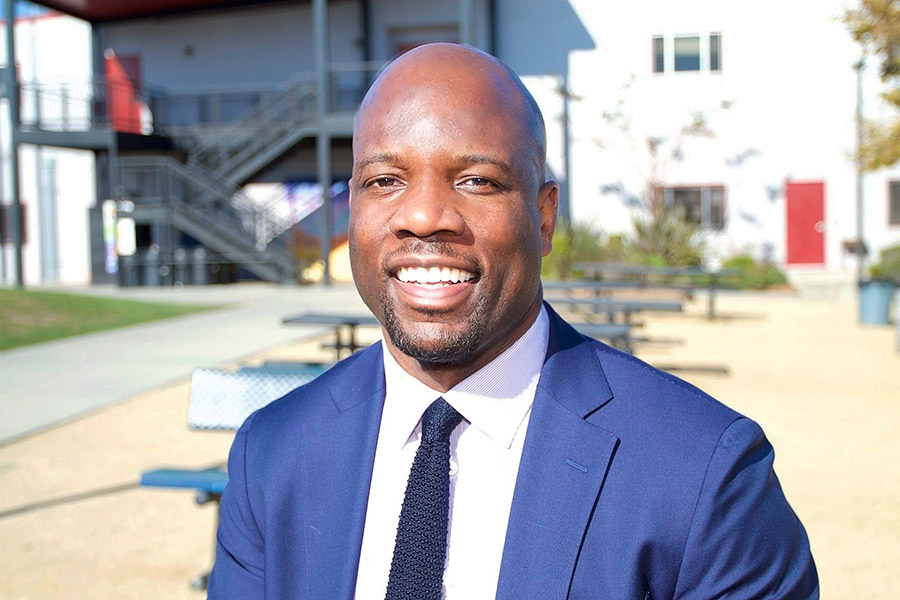ImpactAlpha, February 14 — California has the largest homeless population in the US with over 180,000 people living in shelters, tents, cars, under highways and other public places. On any given night in Los Angeles last year, more than 75,000 people were unhoused.
The Golden State’s homelessness crisis has snarled local politics as the chronic shortage of low-income affordable housing has worsened and pandemic-era government subsidies to create temporary public housing for at-risk families has run out.
Developing affordable, supportive housing for marginalized families often requires subsidies or grants to cover construction and operating costs. Even for dedicated developers, the hunt for public funding and grants can take months and even years and incur a mountain of legal fees.
SDS Capital Group, a female-led impact real estate fund manager based in Los Angeles, is demonstrating a model it says can more quickly and cost effectively create permanent housing for the homeless, using exclusively private capital. SDS has so far financed four projects that will provide 203 units of housing to formerly-homeless residents in Los Angeles this year.
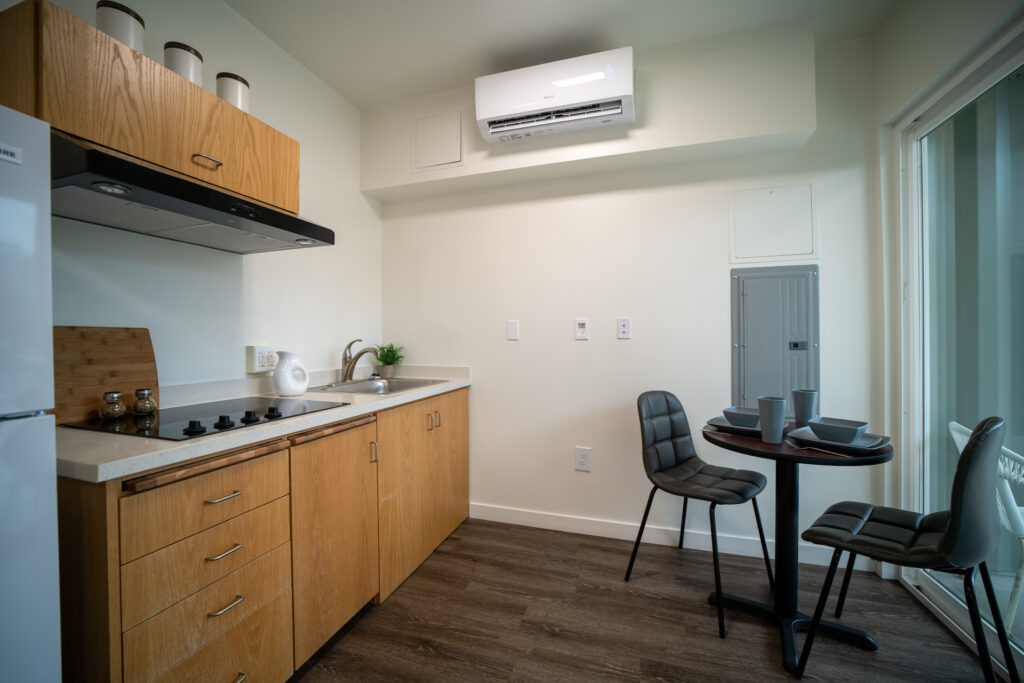
“We have to find better, scalable, more cost effective ways to build housing for those who are homeless,” says SDS’ founder and CEO Deborah La Franchi. “Especially in LA County, California’s homelessness problem, it’s completely broken.”
La Franchi closed SDS’ Supportive Housing Fund in October 2021 with $150 million from mainly banks and foundations, including Kaiser Permanente, California Community Foundation and First Republic Bank. SDS reopened the fund last year to raise another $40 million to feed its pipeline of development projects.
The Supportive Housing Fund is helping fill a gap in permanent housing for individuals that may have mental health and substance-abuse issues but are able to live independently. The Supportive Housing Fund’s first 11 projects will provide 835 units of permanent housing for formerly-homeless families, which will receive access to mental health support, substance abuse treatment, healthcare, 24-hour case management, job training and other onsite critical services from SDS’s nonprofit partners.
La Franchi acknowledges those projects make only a small dent on a much bigger problem.
“We cannot build our way out of it. For every homeless person we house, there’s more than one coming into homelessness,” La Franchi told ImpactAlpha. “When I drive around LA, these are people that aren’t functioning. The mental illness and the drug abuse is so deep, they’re kind of comatose.”
“That’s a bigger tragic situation that we need to deal with as a country.”
Private financing
The Supportive Housing Fund is looking to finance the construction of at least 2,000 units over four years. This year, the fund will finance four projects, which upon refinancing, will free up cash for another four projects.
How it works: SDS covers up to 97% of construction costs, while its development partner RMG Housing Construction comes up with the rest. SDS has secured free land-lease deals with several churches in LA to build permanent housing for the homeless on their parking lots.
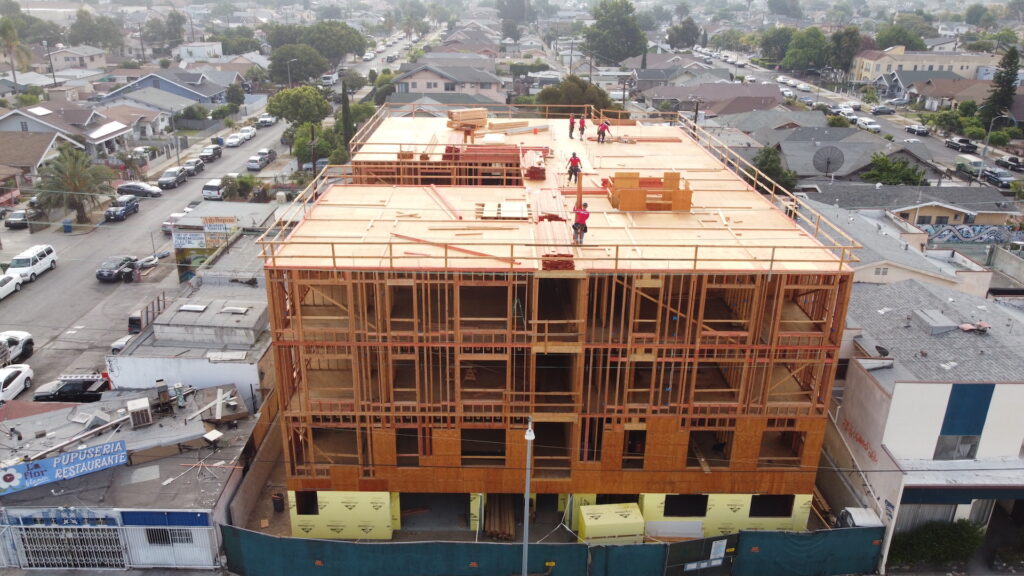
“There’s no outside money involved, and that’s intentional so we can have velocity in this model,” La Franchi says. “If RMG finds a site and puts in an option to purchase it, we can underwrite and close it within 30 days, without a division of expensive professionals to chase down debt and equity capital.”
The pace at which SDS is able to close land deals and begin construction on projects significantly reduces the cost to build. RMG claims its projects cost $220,000 per unit, on average, compared to per-unit costs of $550,000 for projects funded by subsidies, such as Low-Income Housing Tax Credits and the city of LA’s Proposition HHH Supportive Housing Loan Program.
Formerly-homeless tenants use Section 8 vouchers to pay rents for a unit, which are typically 500 square-foot, one-bedroom apartments. “Without the vouchers, our model doesn’t work,” says La Franchi.
Ultimately, La Franchi’s goal is to provide market-rate returns to investors. “We didn’t get $190 million grant money. That’s $190 million we have to return to our investors with the risk-adjusted rate of return,” she says. “At the end of day we’re creating housing for homeless individuals, and we want to create as much as we can with $190 million.”
Family of funds
La Franchi launched SDS in 2001 after a brief stint in government as assistant deputy mayor to late LA Mayor Richard Riordan. La Franchi helped launch three government funds at the time, including what she calls “the country’s first workforce housing fund, before people even knew what workforce housing was.”
“I said, ‘Oh my gosh, I love what I’m doing’ and completely pivoted my career out of government and started SDS Capital Group, with the vision of creating the type of funds we had done in LA, but doing them nationally.”
SDS currently manages over $1 billion in assets across a portfolio of six impact funds and co-investment vehicles. The firm’s Sustainable Communities Fund, a nonprofit foundation fund launched in 2011, has tapped $7 million of SDS Capital’s New Markets Housing Tax Credit exit fees to provide flexible financing to microfinance institutions in distressed communities.
The fund has backed Grameen America, the US affiliate of Muhammad Yunus’ Grameen Bank, to provide microloans to low-income women business owners. It also invested in Finca International to lend to micro-enterprises in Haiti following the 2010 earthquake.
SDS Capital’s latest fund, American South Fund Management, is a joint venture with New York-based real estate firm Vintage Realty Company tackling lack of access to affordable housing in low-income and majority-minority communities in the southern US.
American South Fund Management has deployed $106 of mezzanine debt, preferred equity and equity capital in 22 affordable housing projects, with over 5,000 units for low-income families in southern states including Alabama, Florida, Georgia, Louisiana, North and South Carolina, Tennessee and Texas.
The joint venture last week raised $174 million, anchored by $50 million in pension fund capital managed by GCM Grosvenor, a Chicago-based firm that manages over $5 billion of real estate emerging manager programs on behalf of institutional investors. The New York State Common Retirement Fund is one of the indirect LPs in the fund.
La Franchi aspires to compete with other large real estate fund managers for mandates at that institutional level. “We can’t grow if we can’t get to these investors,” she says. “I need pensions. I need insurance companies. That’s how I can have more impact, but it’s a huge barrier.”
Catalyzing underrepresented developers
At the investment level, La Franchi is looking to build a pipeline of diverse real estate developers, particularly women developers and developers of color, who face gender and racial biases in raising capital.
“Ironically, I struggle to find women developers,” says La Franchi, and out of the 112,000 real estate development firms in the US, just 1,000 of them are minority-owned.
SDS recently backed VPG Enterprise, a Black-owned residential housing development firm in New Orleans. “They’re buying broken motels and multifamily buildings, and cleaning them up to build really quality low-income housing and they could not get equity capital,” La Franchi says.
SDS came with that first injection of equity capital to help VPG get its first set of projects underway. The firm also backed a woman affordable housing developer in Texas as their first equity backer.
“I hope literally in 10 years, we’re plugging $30-$40 million into their projects,” says La Franchi. “Just like it was so hard for me to get SDS to the next level because of capital barriers, we want to help them get to the next level.”

